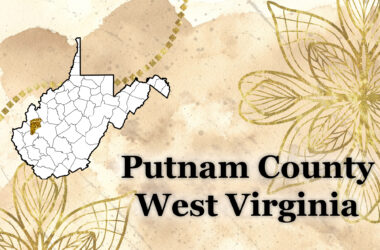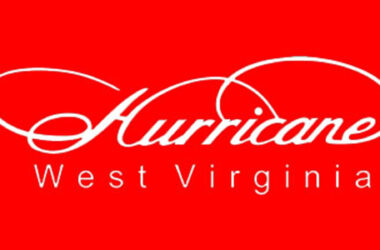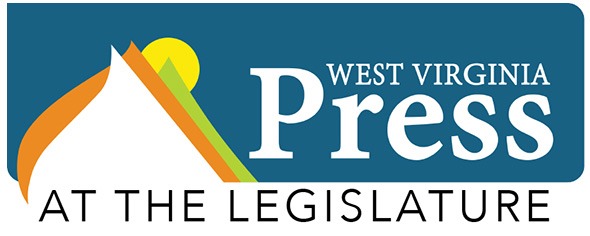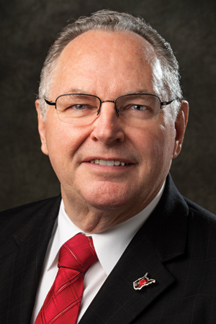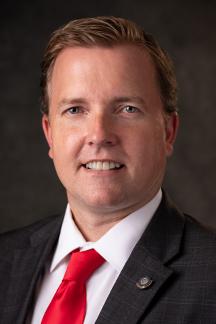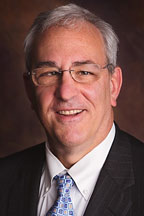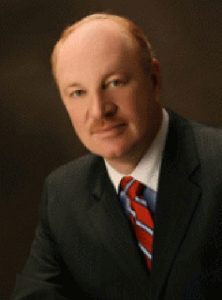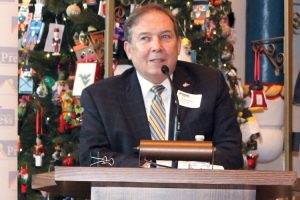West Virginia Education Association and American Federation of Teachers present results from Solutions for Success focus group meetings
By Autumn Shelton, WV Press Association
CHARLESTON, W.Va. – The West Virginia Legislature’s Senate Education Committee advanced three bills on Thursday, including one mandating that public school educators teach lessons on the Holocaust and other genocides, and heard a presentation from West Virginia Education Association (WVEA) President Dale Lee and American Federation of Teachers (AFT-WV) President Fred Albert about results from recent Solutions for Success focus group meetings held throughout the state.
The first bill advanced, Senate Bill (SB) 216, originally appeared before the committee requiring that all public, private, parochial, and denominational schools “give instruction on the Holocaust and other genocides.”
However, after much discussion, an amendment presented by Senator Rollan Roberts, R-Raleigh, changed the bill’s wording to state that only public school educators shall be required to deliver these lessons.
Roberts argued that he is against mandating that specific lessons be taught in private, parochial, and denominational schools.
“I don’t like the mandates,” Roberts stated. “I think it’s over-reach.”
He said that home schools, micro-schools and learning pods are not being mandated the way that private, parochial and denominational schools are.
“We keep adding things onto the list of demands upon the private, parochial and denominational schools,” Roberts said. “What we are doing here is isolating a group of non-public schools, but we are exempting other non-public schools.”
He added that there are twice as many homeschoolers in the state as there are private school students.
“This singling out is where I have the problem,” Roberts said.
Senator Mark Maynard, R-Wayne, stated that he was in support of the amendment, but for different reasons.
“One thing about private, parochial and denominational schools, if we require the same things on them as public (schools), it doesn’t differentiate them. They are kind of in competition with the public schools,” Maynard said, adding that if private schools don’t satisfy the academic needs of their students, enrollment will drop.
“I think we need to give them the freedom to decide,” Maynard concluded.
Senator Charles Trump, R-Morgan, stated that he was also in favor of the amendment especially in terms of “free exercise of religion.”
“How far may the state go in telling a parochial school what it must do?” Trump asked. “I think we have to be cautious there.”
Senator David Stover, R-Wyoming, stated that he was in favor of the amendment, but was concerned that “we have just opened the door that we are not going to teach the very things we want taught if we are not careful.”
Senator Michael Oliverio, R-Monongalia, then proposed a conceptual amendment to the bill which would require public school educators to teach financial literacy, such as how checking accounts and credit cards work as well as lessons on understanding mortgages, interest rates and more.
“I am sure it would be very easy to work with the state Department of Education to put together basic curriculum–it could even be phased in over time,” Oliverio said.
West Virginia State Superintendent of Schools, David Roach, then testified that financial literacy courses are already being taught in public schools, and are typically completed by high school students.
Oliverio responded that he would like to see this set in statute.
Another amendment, presented by Senator Trump, added language to the bill that requires these lessons to be taught by the time a student leaves 12th grade.
“This would give local school boards some flexibility in when they are going to want that to be included in curriculum on an age appropriate basis,” Trump said.
After all the amendments were adopted, SB 216 is now headed before the full Senate.
The committee then advanced SB 489, complete with title amendment, to require that the Board of Education provide free feminine hygiene products to those in grades 3-12, and House Bill (HB) 2800, which would authorize rules of the Higher Education Policy Commission and the Community and Technical College Council.
Lastly, WVEA President Dale Lee and AFT-WV President Fred Albert delivered their presentation.
Albert stated that in November and December 2022, focus groups throughout the state joined together to find ways to better support student success following results provided by the National Assessment for Education Progress (NAEP), which showed that West Virginia’s students were falling behind in reading and math.
Albert explained that the discussion groups consisted of teachers, parents, legislators, students and more, all of whom were “determined to address these challenges.”
Lee added that the groups identified that the biggest issues facing education include a lack of resources to help students who need it the most, a lack of certified educators, low employee salaries, student discipline problems, and a lack of respect for educators.
To remedy those issues, the focus groups and the AFT-WV and WVEA suggest that the state provide more mental health support and resources to students, provide more opportunities for parental and community involvement, ensure that school administrators “adequately deal with disciplinary issues,” increase employee salaries, retain and recruit certified teachers, and give them more freedom in the classroom, Lee noted.
He continued that the focus groups “overwhelmingly” stated that “the one thing we do well is we take care of our kids.”
Additionally, Albert said that the results of an online questionnaire found that student and parental accountability, more tutoring programs, alternative learning placements and more time for teacher planning and collaboration is needed.
The practices that were found to be most harmful to students include suspension due to behavior, excessive standardized test preparation, bullying/harassment, and the reallocation of funding away from public schools, Albert added.
Following the presentation, the topic of mandates on public schools, but not private schools, was once again discussed.
Senator Laura Chapman, R-Ohio, stated that one issue is that “taxpayer money is being used to educate public school students.” She said that right now, those who develop curriculum are unelected, like those on the state Board of Education.
“I have a problem when unelected people don’t necessarily have some guidance, because we all are elected, and if people don’t like what we are doing, they can remove us,” Chapman said. “So, that’s why I think we do have the right to put on mandates for public schools.”
Lee responded, “Yes. Taxpayer dollars are used to educate our public school students, but I would have to tell you now with the Hope Scholarship that taxpayers dollars are being used to fund home school students.”
Chapman stated that the “Supreme Court made its decision,” and that most parents in the state pay taxes, so everyone shares in the responsibility to pay for private schools.
Lee said, “Would you agree with me that everybody in West Virginia pays taxes for the highways too, but does everyone drive?”
“To say that you can only put mandates on public schools because that’s where the taxpayers dollars are going is not accurate, because taxpayers dollars are now going to private schools and homeschoolers too,” Lee concluded.

